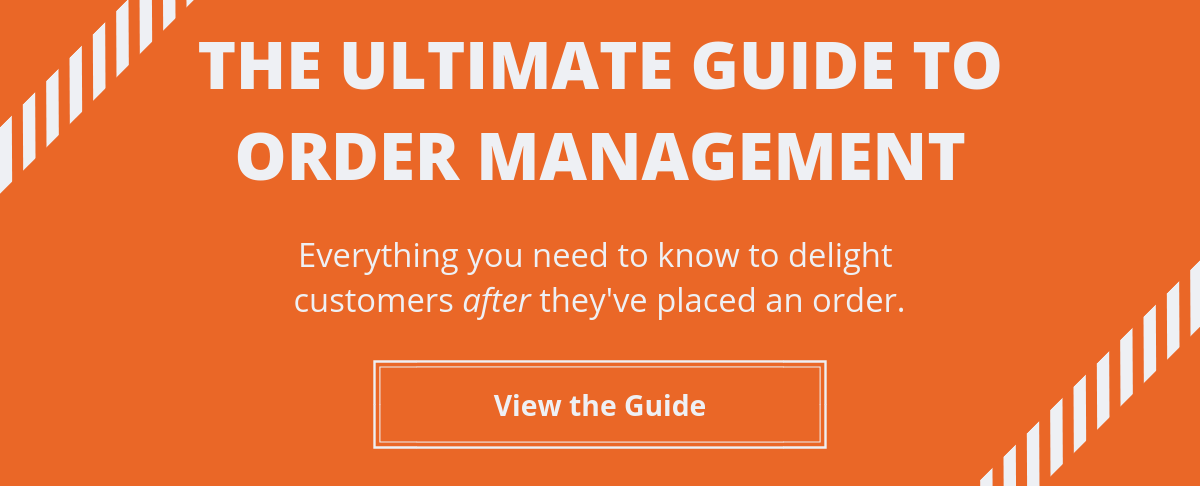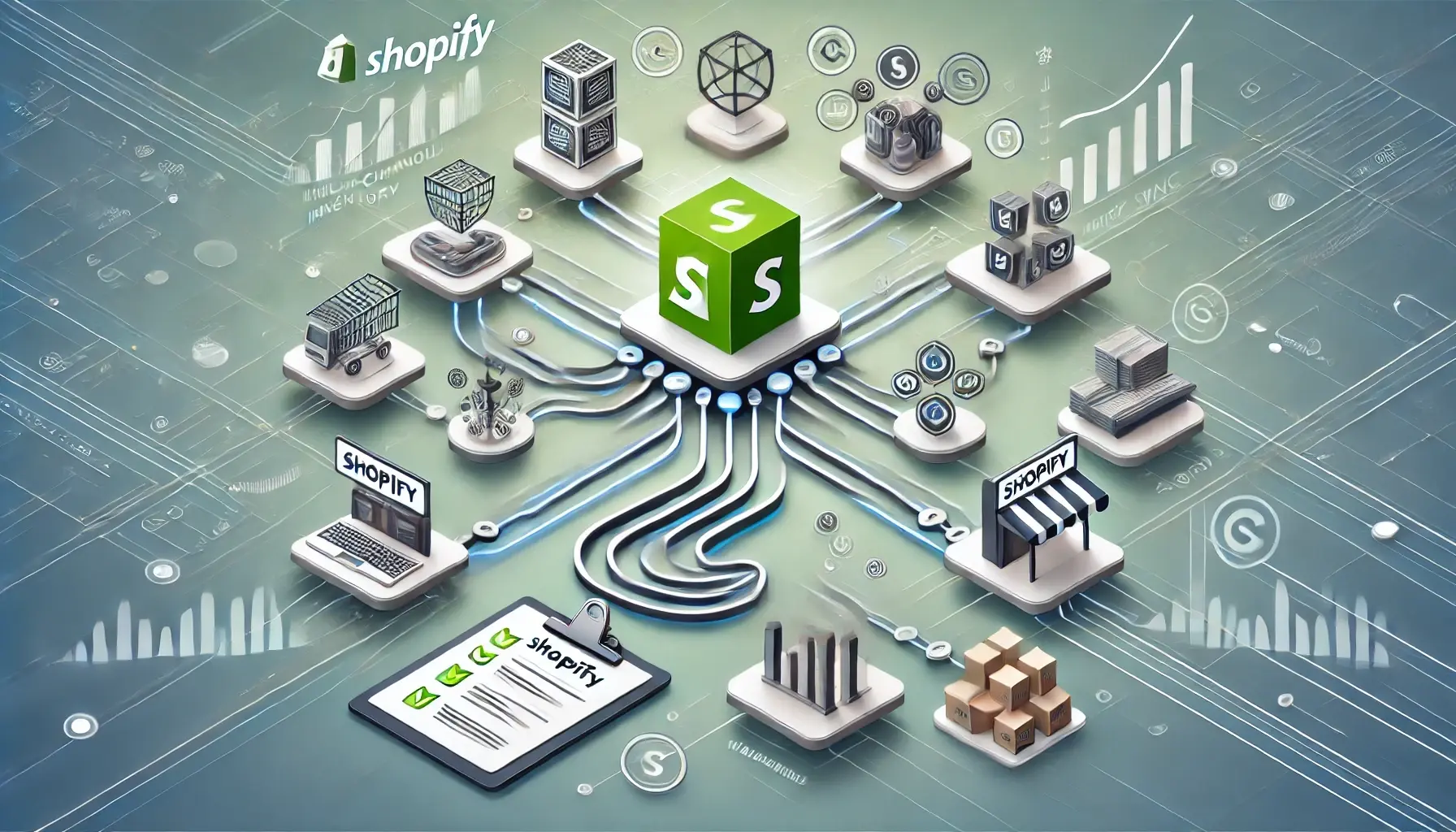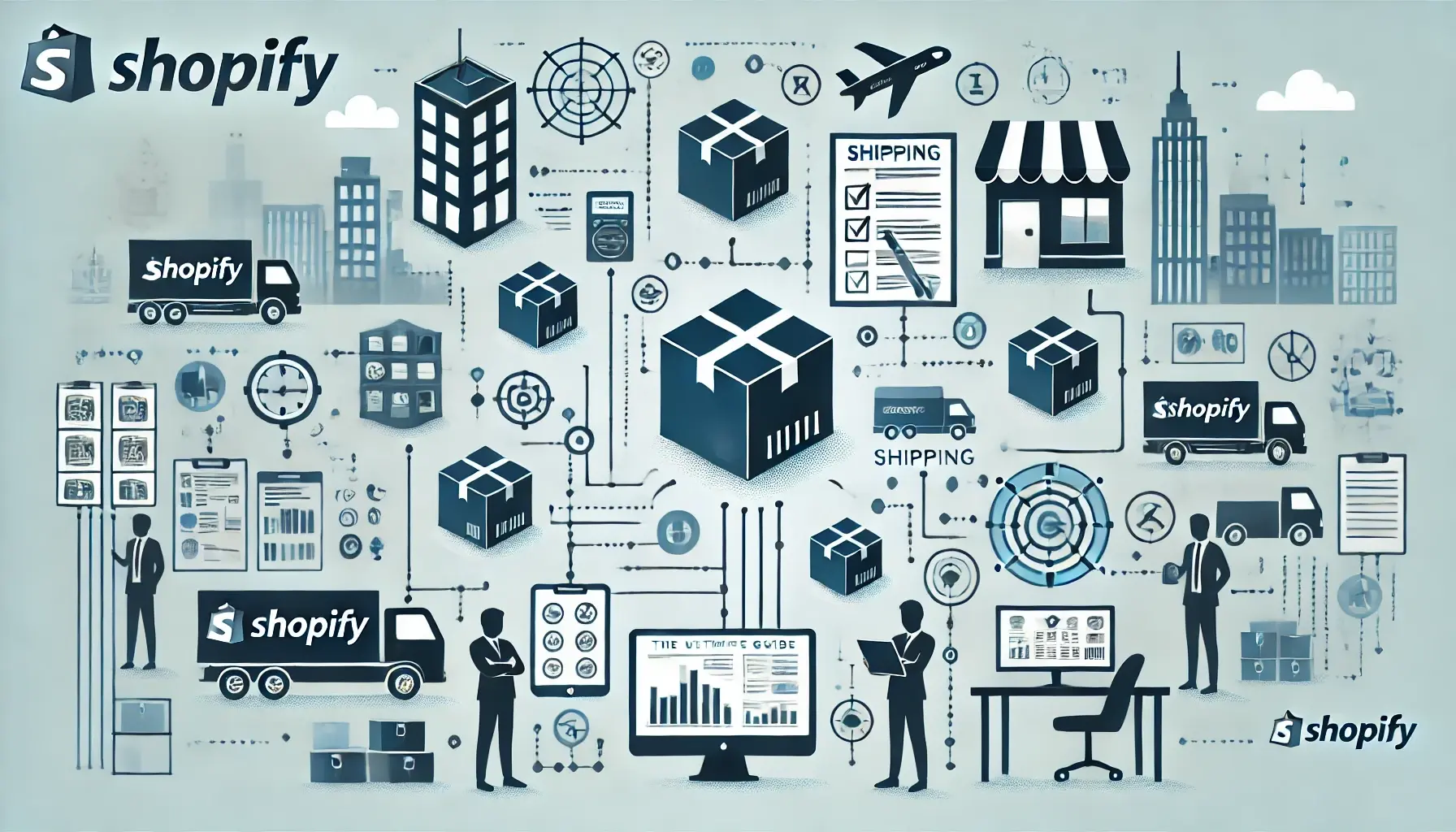When you consider all that goes into the development and the operation of an enterprise level supply chain, you will find that there are many different areas that all play a part in the efficiency and seamlessness of the business.
This is especially true of companies that use an omnichannel approach to their operations.
Orders for products may be submitted in a brick and mortar store, online, or by telephone, while products and returns flow through each channel used.
For this reason, it’s essential that larger, enterprise level businesses use an order management system that streamlines omnichannel supply chains.
Because efficient enterprise order management platforms allow retail and wholesale businesses to communicate order information clearly, in real-time and across all channels, they are able to ensure that customers’ needs are met each time, on time, and at the right cost.
If you are not yet using an enterprise OMS, it’s important that you understand why you should be, and what it will do for you and your company.
Why an Enterprise OMS is Necessary
These days, customers expect to be able to order the products they want by the method they choose – whether that is in a physical store, online, or on the phone.
They want to be able to make online purchases with whatever device they want to – desktop computer, laptop, tablet, or smartphone.
And they expect to have consistent and engaging experiences no matter which channels or devices they use.
These options are no longer simple accommodations for customers, they are an expectation of customers. Successful businesses recognize this, and they implement, update, or modify their processes to cater to those expectations.
Enterprise level companies are likely to have different types of orders. For example, if you are primarily a retail business, then you are probably offering ecommerce options on the side.
Conversely, if you are primarily an ecommerce business, you are probably doing wholesale or retail on the side.
Using an enterprise OMS will ensure that no matter how customers order your products, they will experience a satisfactory and consistent process from order to delivery.
What an Enterprise OMS Does
An enterprise OMS is essential for customer satisfaction because of how it streamlines order fulfillment making it efficient and profitable. Here are some of the ways that it does that:
Aggregation of Vendor and Product Data
- An enterprise OMS keeps track of all incoming, outgoing, and stored products. That means that every department that contributes to order fulfillment has the accurate, up-to-date information they need to perform their tasks, making it easy to solve any customer issues that may come up.
- An enterprise OMS allows users to see the whole order fulfillment process from beginning to end, making it possible to track and analyze their processes for efficiency.
Solutions for all Stakeholders
- Executives – With an effective enterprise OMS, executives are easily able to see profit and loss, at-a-glance, allowing them to make business decisions with the big picture in mind.
- Warehouse personnel – An order management system allows all warehouse employees to see their tasks clearly. Not only does that allow employees to work efficiently, but it also allows supervisors to track employees’ performance.
- Managers – Managers are able to monitor productivity and all the important metrics that allow them to make adjustments for optimization of the order fulfillment process.
Additionally, an enterprise order management platform using the cloud provides users with flexible accessibility.
That means that executives and managers are able to access much-needed information anywhere the internet is available.
The functionality of an enterprise OMS ensures that customers have the best possible experience and that they receive orders on-time and accurately.
Implementing an Enterprise Order Management Platform
Implementing an order management system is extremely beneficial for all enterprise organizations (as well as those businesses that are mid-sized and growing).
While it may seem somewhat complicated, getting started with a new OMS doesn’t have to be when you approach the process with patience for the learning curve.
Switching your order fulfillment system isn’t something that can happen overnight.
It takes time to train employees on a new platform, so conversion may take some time depending on the size of your organization and your volume of sales.
Additionally, the conversion process from one system to another may stall if you don’t have executive buy-in. Implementing this kind of change starts at the top. Without an executive champion to remove impediments to the change, it may prove difficult to execute.
It’s also important to remember that the buy-in of stakeholders (those listed in the previous section) will vary depending on the reasons they will use the OMS.
While it’s essential to have executives on board, it’s also important to have the buy-in from other areas as well.
The successful and efficient implementation also requires detailed training.
While you don’t want it to be too time-consuming, paying attention to every little detail, it is important to make sure that the training is thorough and that it sets users up for success.
As you prepare to implement your new enterprise OMS, be sure that you have a dedicated project manager to take responsibility for the project.
That may mean a current warehouse manager, project manager, or even the person who originally made the recommendation to change systems.
Whoever is chosen, it’s important that the person is motivating, approachable, and open to change.
The project manager’s positive outlook will benefit both your organization and your employees as you implement your new OMS.
Choosing an Enterprise Order Management Platform
As technology continues to advance, so will customer expectations.
The omnichannel supply chain will become larger and more complex and more and more businesses will establish themselves in the global market.
What that all means is that companies must meet the increasing expectations of consumers.
A single, unified enterprise OMS will help organizations reduce headaches and improve customer satisfaction.
For more information about enterprise order management, view our comprehensive guide to order management, and see how it all comes together.
Ready to Transform Your Operations?
See how SkuNexus gives you full control over inventory, orders, warehouse, and shipping.
Schedule a Free Demo →





